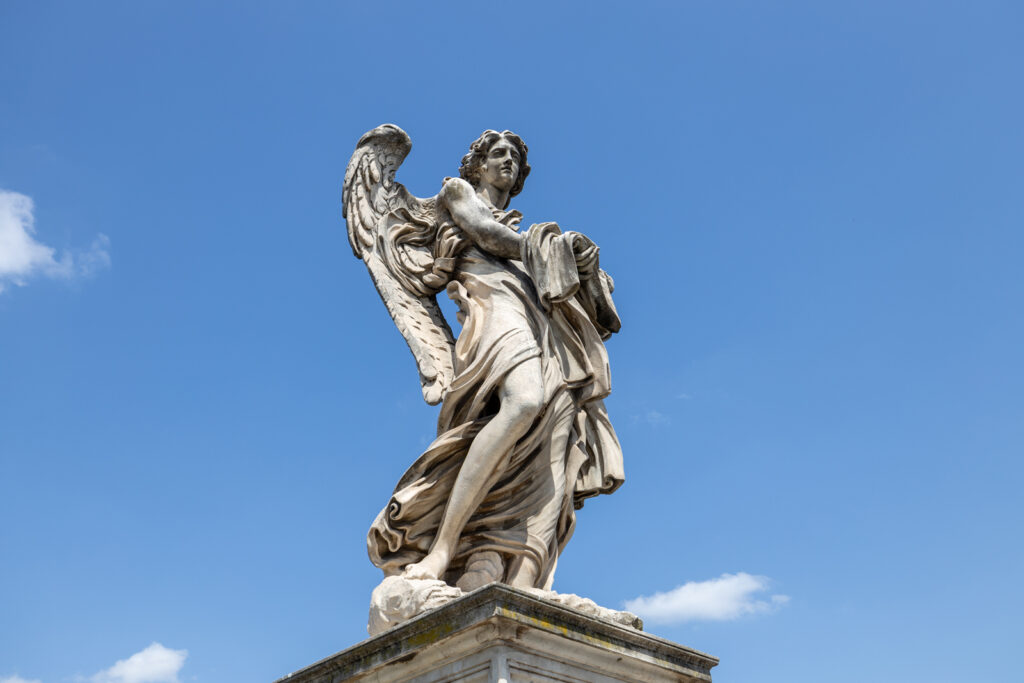Religious Studies focuses on providing an understanding of the world’s diverse religions, their beliefs, and traditions. The relationship between religion and culture is closely examined to gain a better understanding of how religion affects politics, art, science, and other aspects of society. Research is done through multiple disciplines such as philosophy, anthropology, sociology, history, and more.
Why Religious Studies?
- Religion has influenced local and global communities, from antiquity through the present day;
- Understanding religious cultures adds depth to abstract concepts like diversity and ethics; and
- Skills in critical thinking, writing, and in-depth analysis of texts form a great foundation for multiple career paths.
- At Penn State, Religious Studies is a vibrant community of scholars and students; learn more about the Religious Studies Initiative here.

Requirements
The minor in Religious Studies requires 18 hours of course work in RLST. It:
- acquaints the student with the methods for studying religion (how one studies a religion),
- provides an elementary introduction to the world’s main religious traditions (names, dates, ideas, similarities and differences), and
- offers the opportunity to investigate a particular topic or religion in greater detail.
Students are required to take one survey course (either RLST 1, RLST 3, or RLST 4), which provides a broad historical overview of several religions, from their foundation to the present day.
The interaction between religions and their cultural contexts is emphasized, as is the evolution of an individual religion. After this introduction, the student is free to choose from a broad array of courses on the psychological, sociological, historical, and textual aspects of religions, both living and dead, both familiar and foreign. For example, a student may study Hinduism, Islam, Christianity, Norse religion, Greco-Roman religion, or the sociological aspects of religions. Reading skills and critical thinking skills are important and will be further developed in the courses.
The minor is excellent preparation for a career in the professions (law, medicine), and many students use this classical humanities topic to augment a major in the pure sciences.